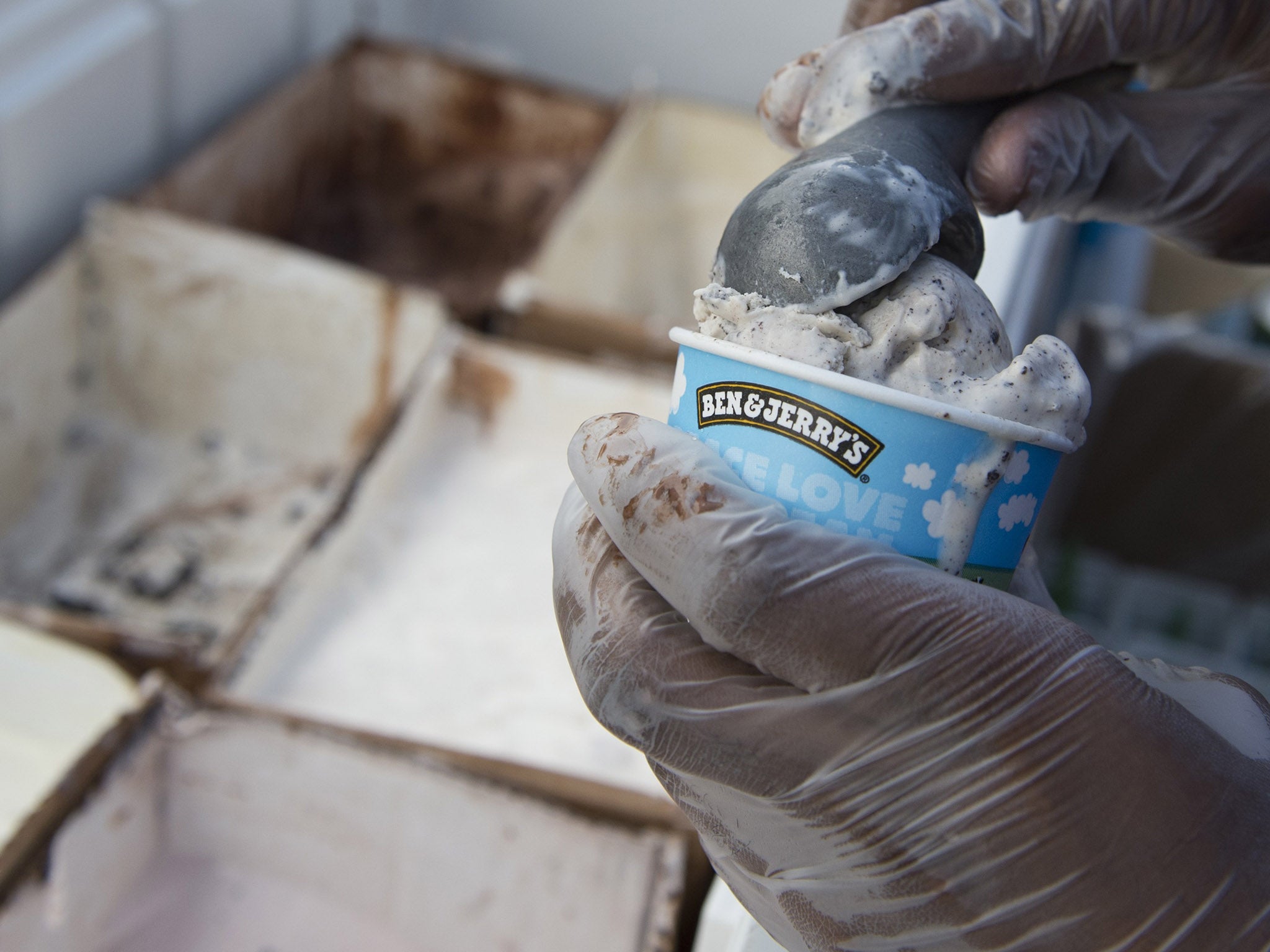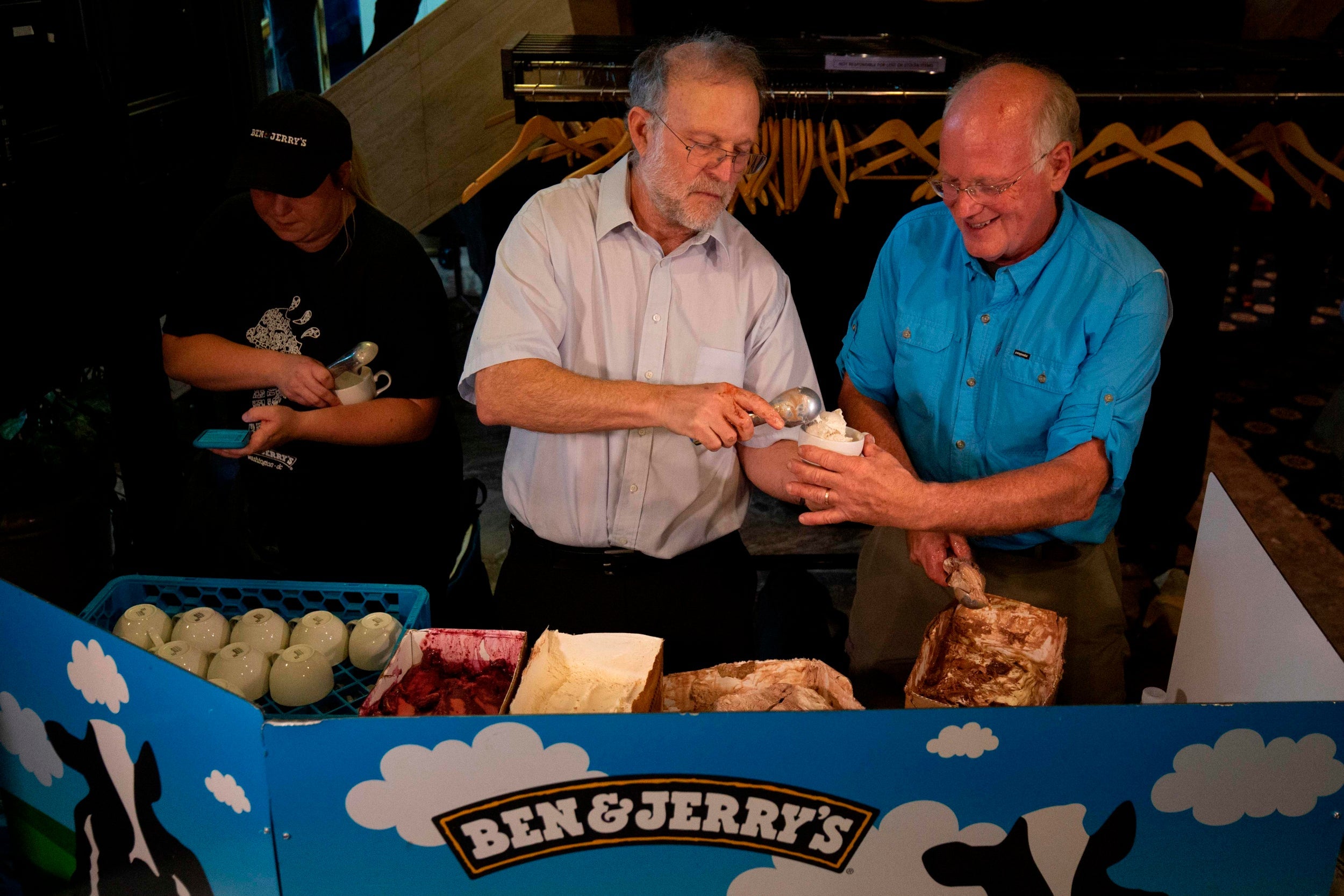Can brands like Ben & Jerry’s and The North Face force change at Facebook by boycotting the social network?
Advertiser boycotts are controversial, but Facebook’s ‘community standards’ are poorly policed and have allowed some very nasty material to spread unchecked. It shouldn’t have got to this stage, writes James Moore


A storm in an ice cream cone? It’s a bit more than that.
Ben & Jerry’s has suspended advertising on Facebook in the US, as part of the campaign that’s already attracted the support of The North Face, REI and Patagonia.
They aren’t exactly natural allies (ice cream vs outdoor products and apparel). But it’s the cause – racism and its spread via social media – that’s brought them into alignment through backing a month-long pause to their marketing efforts on the social network and Instagram, its subsidiary.
Even though these are high-profile brands, their presumably temporary boycott will barely be noticed by a company that generates a staggering $70bn plus in ad revenues every year. Cherry Garcia ice cream doesn’t look like Facebook’s kryptonite.
They have nonetheless surely delivered another PR blow to a business which has taken a succession of PR hits of late and is increasingly coming to be seen less as your online pal that connects you with your other pals, and more as a corporate death star spreading the dark side of the force through your mobile phone, tablet or PC.
But is this the right way to go about it?
It isn’t cut and dried.
Ad boycotts have tended to emerge when right wing commentators have said horrible things. Fox News is a regular recipient. It’s Trumpian yahoos continue to spray more venom than an angry spitting cobra, partly because when they cross the line, and their advertisers baulk, they often simply switch to other Fox shows. And so the Murdoch owned channel has done nothing to tone down its divisive rhetoric or its conspiracy theorising or its encouraging of President Donald Trump’s worst instincts.
The boycotts are understandable given the tenor of some of the things that have been said. Newshounds, a website/watchdog, chronicles some of the worst examples. But they’ve proven less than effective.
They also potentially pose a danger. What’s good for the enraged goose could become good for the peace loving gander. If corporates start playing the role of the views police, it could impact on those of us who take a more progressive stance. What if advertisers acted to prevent people like me from calling for higher corporate taxes (as I have done) so that governments can do more to alleviate the social and racial injustices that have sparked so many protests?
This is more a danger in theory than it is in practice. I’ve never caused The Independent to be boycotted. But it is still a danger.
Set against that is the sheer ugliness of what has poured out of social media channels (and of Fox and its mini me OAN) in response to the wave of popular protest sparked by the killing of George Floyd by a Minneapolis police officer.
While some of us have been soul searching and engaging in difficult conversations, others have responded with bile, sometimes taking to the skies to spread it, such as the traitorous (to the USA) confederate flag flown above Talladega Speedway in the US or the retrograde slogan a Burnley FC “fan” used to poison the atmosphere at the club’s recent clash with Manchester City.
If the skies are too expensive to access, no matter. There are Facebook groups defending the confederate flag or claiming to protect “British culture” where if the racism is veiled, the veil is very thin.
After declaring that racist comments would result in expulsion, one group that I found told its private members that “there are ‘ways’ of wording things!”. So if you’re going to be racist, go right ahead. Just make sure it’s suitably covered. You can obtain your free dog whistle from our website.
There are some truths that ought to be self evident: one is that there is no middle ground when it comes to racism. There’s nothing to be “objective” about. It is wrong. That shouldn’t need stating, but apparently it does.
Facebook has long relied on the “free speech” defence, aligned with “community standards” to prevent people going over the top.
The former is important. It means this critical piece should be able to be freely shared about the network. But there’s a line between free speech and threatening, hate speech. And it isn’t hard to find incidences of where it has very obviously been crossed.
As for those standards, their enforcement has been wildly inconsistent.
Simon Sansome, who runs the Ability Access group for disabled people, has repeatedly run afoul of them. He told me he’s sometimes found it hard to gain an understanding of the reasons his activities have been curtailed, and he has surely tried.

On the other hand “Support the Confederate Battle Flag” contains posts urging people to tear down street signs featuring the name of Martin Luther King.
So yes, Facebook has some questions to answer and as a publisher it should take more responsibility for the material it allows to be put up and disseminated, just as The Independent, which publishes a diversity of views, has to and does.
Community standards that facilitate hatred, threats and racism? They aren’t standards.
So maybe some good will come from this initiative which isn’t anti free speech but is anti hate speech. Maybe Unilever, Ben & Jerry’s owner, which allows it to operate with a degree off independence, will get some traction as a member of the social network’s advertiser council. It says it works through it to secure the “creation of a safer and trusted digital environment”.
But really, it shouldn’t have come to this in the first place.
Join our commenting forum
Join thought-provoking conversations, follow other Independent readers and see their replies
Comments